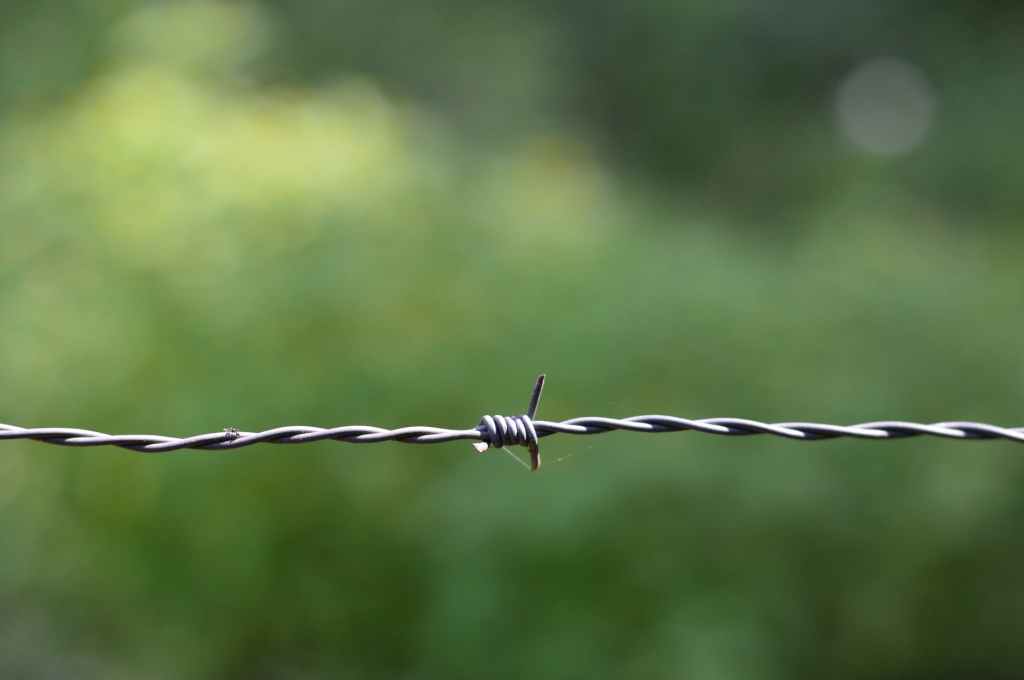
In 2019 I entered this piece for the Lady Denman Cup, a writing competition organised each year by the WI. The theme was “Amazing Discoveries” and could be about real or imagined scientific advances. Just in case you wondered mine wasn’t one of the winners!
Tracey’s Tracer
The work of Professor Tracey Wildgoose is without doubt the best-known discovery of the twenty-second century. It all began in Disneyland when her young nephew went missing. He was found after a lengthy search, safe and sound and re-united with his frantic parents.
This incident sparked Tracey’s interest in the way some groups or couples have an almost telepathic sense of where their other half is and what they are doing; identical twins are often quoted as examples of this, so are pairs of lovers or mothers and their babies.
Tracey specialised in social psychology and communications. By the time she chose a PhD subject she had added neurology, information technology and electronics to her portfolio. She was determined to find a way of linking not just those with a special telepathic aptitude but everyone. She set up a major experiment involving thousands of volunteers, which was widely publicised and supported by the WI. It was difficult and complicated work and of course there were some failures. But after many trials on volunteer groups Tracey’s Tracer, as it was called, became a reality.
For many years there had been electronic tags to keep track of criminals out on licence. There had been pendants for elderly people to wear and activate when they needed assistance. These devices were good as far as they went, but the Tracey Wildgoose Tracer rendered them obsolete. The Tracer works by a small microchip inserted into someone’s brain and linked to a similar chip in someone else. Then the two individuals can share such detail as where they are, who they are with and even what they are thinking. Some families have all their members “chipped in”.
It took some time before this device was widely adopted and even now some people refuse it, just as some refuse to use computers or mobile phones. But by and large the Tracer has gone from strength to strength. There is even a movement to have every baby fitted with a Tracer at birth. This hasn’t happened yet but many feel it is only a matter of time.
A question often put is “Can a Tracer be removed or modified?” The answer is Yes. Teenage children wouldn’t want their parents to know too much about what they were getting up to and not many people would want to keep a contact geared to an ex-partner. So the Tracer can be adapted to a change in location or lifestyle.
Tracey Wildgoose has often been lauded as a “Renaissance woman”, a female Leonardo da Vinci for her work. But perhaps Isaac Newton would make a better comparison as his iconic work is said to have been incited by the single small incident of an apple falling from a tree.

Now, would you believe it, the government are proposing to put a trace (see Harry Potter books) on us all, by using of our mobile phones. Apparently phones can let you – or Big Brother Government or even Good Sister NHS know where they are, even when they are switched off. Then it will be possible to check whom you have been in contact with and if they are carriers of the Covid virus.
It isn’t too difficult to check where some phone is (the phone, as opposed to the owner.) Remember though phones can get lost, loaned or stolen. Their IT systems can be hacked and all sorts of other nasty things can happen.
Another consideration: how far away is “near” ? Someone walking past you at a fraction less than the “social distance”? Someone walking past your house while you are sitting looking out of the window?
How can you, or rather the authorities, know that the person you were in close contact with is a covid carrier? Will we get list of contacts and be required to check that they are virus-free? Perhaps we will get a message saying “you have been on contact with a possible covid source and must isolate” and not even get to know who the carrier is.
Sounds crazy but all too likely in the present situation. Where people struggle to get tested for corona-virus, but can leave the testing centre and catch the virus from the next person they meet or the next object they touch.
I had been thinking of getting a new mobile phone with the usual extras – camera, radio, films, video etc. but on second thoughts I won’t bother and I think I might chuck my present phone into the river.
It just goes to show how something written as fiction can come dangerously close to reality. I should be careful what I write. I’ll steer clear of stories of alien invasions or machines taking over the world – they just might come true!


